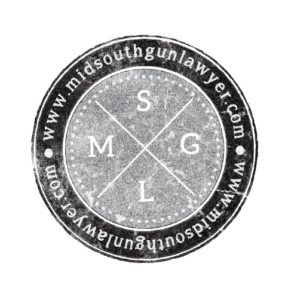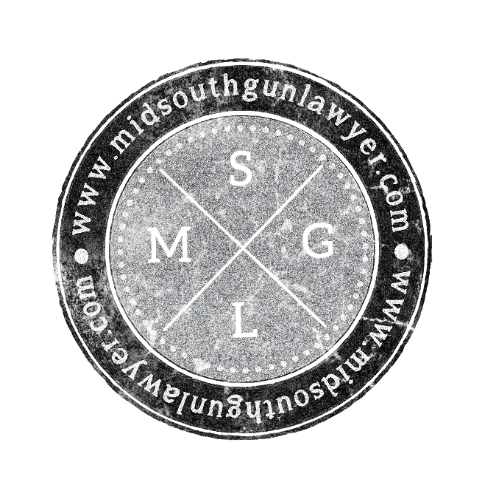Counties and municipalities are prohibited from passing “any ordinance that restricts or requires the possession, transportation, sale, transfer or ownership of firearms or ammunition or their components.”[104] However, this preemption is not absolute as counties and municipalities may still: (a) require, if authorized by other law, citizens to be armed “for personal or national defense, law enforcement, or another lawful purpose;”[105] (b) prohibit the discharge of certain types of firearms or bow and arrow within their jurisdictional boundaries, subject to a number of exceptions;[106] (c) enforce fire codes, zoning ordinances, or land-use regulations, so long as the regulations are not intended to be surreptitious gun laws;[107] (d) regulate firearms during insurrection, riots and natural disasters for the public health and safety, so long as there is no restriction on the citizen’s lawful possession of a firearm in his home, place of business or in transit to and from the home or place of business;[108] (e) regulate more than twenty-five pounds of blackpowder or other explosives;[109] (f) regulate firearms at public parks, meetings, political rallies, on educational grounds or at professional athletic events;[110] or (g) regulate the receipt of firearms at pawnshops.[111]

